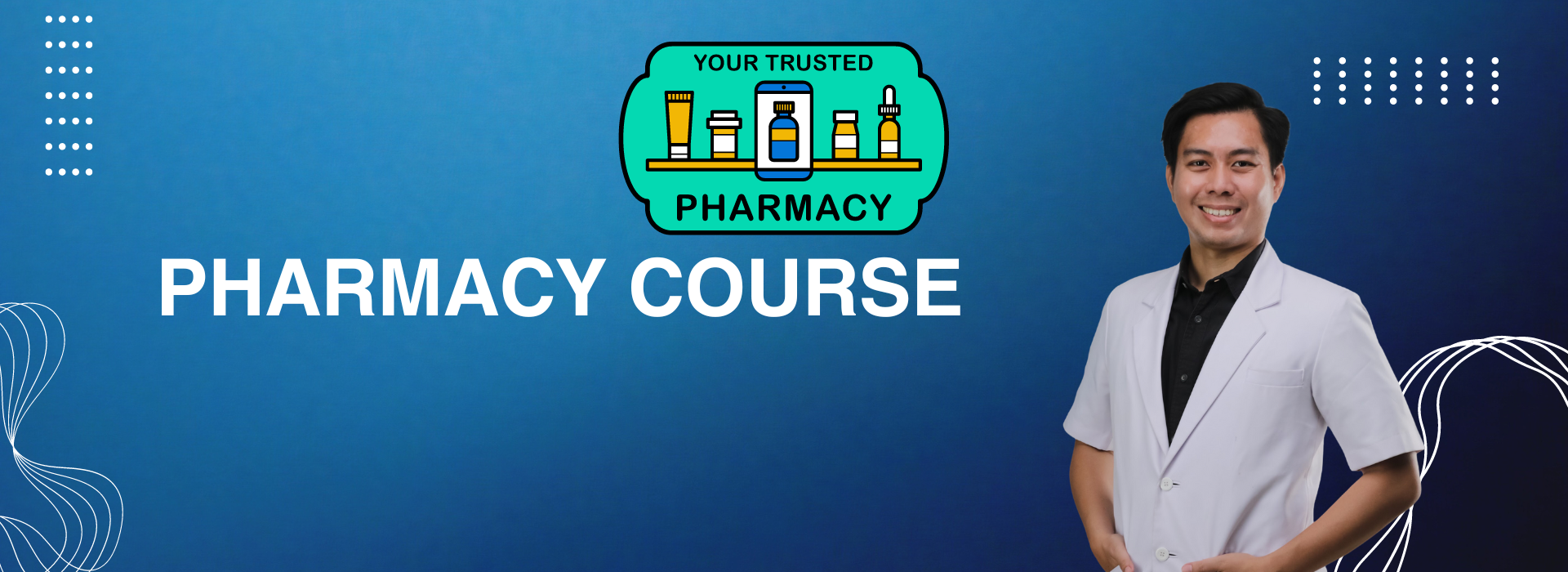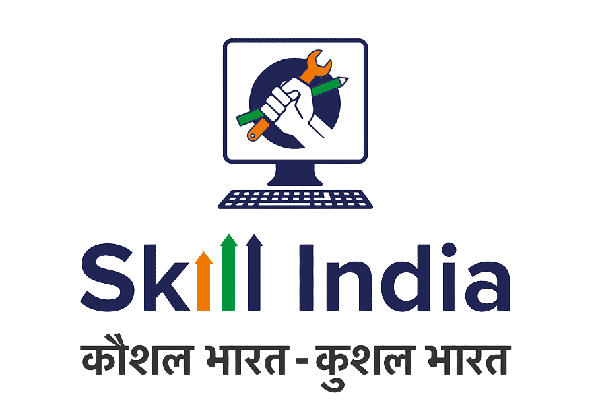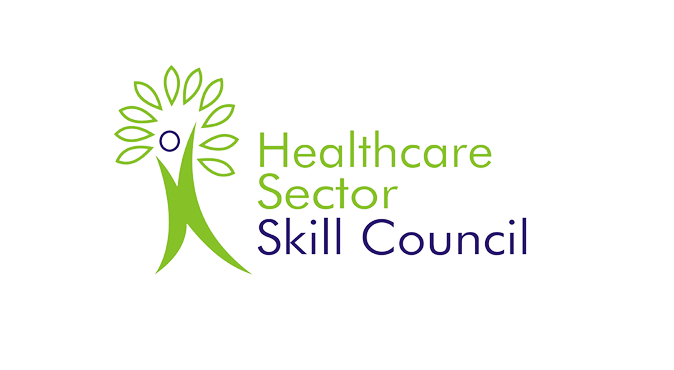

Course Details
The Diploma in Pharmacy (D.Pharma) is a foundational course designed to introduce students to the basic concepts of pharmaceutical sciences and prepare them for various roles in the pharmaceutical industry and healthcare sector. The curriculum typically includes both theoretical and practical components, focusing on the following subjects:
- Pharmaceutics: Study of dosage forms, dispensing, and preparation of medications.
- Pharmaceutical Chemistry: Basics of organic and inorganic chemistry relevant to pharmaceuticals.
- Pharmacognosy: Study of medicinal plants and natural products.
- Pharmacology: Introduction to the action of drugs on biological systems.
- Biochemistry and Clinical Pathology: Understanding of biochemical processes and disease diagnostics.
- Human Anatomy and Physiology: Basic understanding of the human body and its functions.
- Health Education and Community Pharmacy: Role of pharmacists in community health and education.
Eligibility
Completion of 10+2 (Higher Secondary) with Science subjects, specifically:
- Physics
- Chemistry
- Biology/Mathematics
- Minimum qualifying marks in aggregate as specified by the institution (usually around 50% in science subjects).
- Some institutions may have entrance examinations or merit-based admissions.
Duration
- 2 years of academic study, typically divided into four semesters.
Fee Structure
- Government Colleges: ₹10,000 – ₹50,000 per year
- Private Colleges: ₹60,000 – ₹1,00,000 per year
Scope and Career Opportunities
Graduates of D.Pharm have various career opportunities in both public and private sectors. They can pursue roles such as:
- Licensed Pharmacist: Work in retail pharmacies, hospitals, and clinics.
- Pharmacy Technician: Assist pharmacists in dispensing medications and managing inventory.
- Medical Representative: Promote pharmaceutical products to healthcare professionals.
- Sales Executive: Engage in the marketing and sales of pharmaceutical products.
- Pharmaceutical Manufacturing: Roles in the production and quality control of pharmaceuticals.
- Pharmacy Assistant: Support roles in healthcare facilities and community pharmacies.
Additionally, D.Pharm graduates have the option to pursue higher education and advance their careers by enrolling in:
- Bachelor of Pharmacy (B.Pharm): Further studies to deepen knowledge and expand career prospects.
- Specialized Certification Courses: Short-term courses to specialize in areas like hospital pharmacy, clinical pharmacy, or pharmaceutical management.
Course Details
The Bachelor of Pharmacy (B.Pharma) is an undergraduate degree program designed to provide comprehensive knowledge and skills in pharmaceutical sciences. The curriculum typically includes both theoretical and practical components, focusing on various aspects of pharmacy:
- Pharmaceutics: Study of the formulation, preparation, and dispensing of medications.
- Pharmaceutical Chemistry: In-depth knowledge of organic, inorganic, and medicinal chemistry.
- Pharmacology: Study of drug actions, interactions, and effects on biological systems.
- Pharmacognosy: Study of natural products and their application in medicine.
- Pharmaceutical Analysis: Techniques and methods for analyzing drugs and pharmaceuticals.
- Biotechnology: Application of biotechnology in drug development and production.
- Human Anatomy and Physiology: Detailed understanding of the human body and its functions.
- Hospital and Clinical Pharmacy: Role of pharmacists in clinical settings, including patient care and medication management.
- Pharmaceutical Jurisprudence: Laws and regulations governing the practice of pharmacy.
- Community Pharmacy: Role of pharmacists in community health and patient education.
Eligibility
- Completion of 10+2 (Higher Secondary) with Science subjects:
- Physics
- Chemistry
- Biology/Mathematics
- Minimum qualifying marks in aggregate as specified by the institution (usually around 50-60% in science subjects).
- Some institutions require entrance exam scores (such as NEET, BITSAT, or state-level entrance exams).
Duration
- 4 years of academic study, typically divided into eight semesters.
Fee Structure
- Government Colleges: ₹20,000 – ₹70,000 per year
- Private Colleges: ₹60,000 – ₹2,00,000 per year
Scope and Career Opportunities
Graduates of B.Pharm have a wide range of career opportunities in both public and private sectors. They can pursue roles such as:
- Pharmacist: Work in retail pharmacies, hospitals, and clinics, dispensing medications and providing patient care.
- Clinical Research Associate: Conduct clinical trials and research studies for new drugs.
- Drug Inspector: Ensure the quality and safety of drugs and pharmaceuticals.
- Quality Control/Quality Assurance Associate: Ensure the quality and compliance of pharmaceutical products.
- Medical Representative: Promote and sell pharmaceutical products to healthcare professionals.
- Pharmaceutical Marketing: Engage in the marketing and sales of pharmaceutical products.
- Regulatory Affairs Specialist: Manage regulatory submissions and ensure compliance with regulations.
- Production Manager: Oversee the manufacturing and production of pharmaceuticals.
- Research Scientist: Conduct research and development in pharmaceutical companies or academic institutions.
Additionally, B.Pharm graduates have the option to pursue higher education and advance their careers by enrolling in:
- Master of Pharmacy (M.Pharm): Specialize in areas such as pharmaceutics, pharmacology, pharmaceutical chemistry, or pharmacognosy.
- MBA in Pharmaceutical Management: Combine pharmaceutical knowledge with business management skills.
- Doctor of Pharmacy (Pharm.D): Further specialize in clinical pharmacy and pharmacy practice.
- Ph.D. in Pharmacy: Engage in advanced research and academic careers.
D. Pharma (Diploma in Pharmacy) courses in Bihar offer a comprehensive education for aspiring pharmacists, providing the foundational knowledge and practical skills necessary for a successful career in the pharmaceutical industry. These courses are typically two years long and cover various subjects such as pharmacology, pharmaceutical chemistry, pharmacognosy, and hospital and clinical pharmacy. The curriculum is designed to ensure students are well-versed in the preparation, dispensing, and proper use of medications, as well as the regulations governing pharmacy practice. Bihar’s D. Pharma programs emphasize hands-on training through internships and lab work, preparing graduates to excel in roles such as pharmacy technicians, medical representatives, and even entrepreneurship in the pharmacy sector. With an increasing need for qualified pharmacy professionals in both urban and rural areas, a D. Pharma qualification from Bihar opens up numerous opportunities for career advancement and contributes to the overall improvement of healthcare services in the region.




